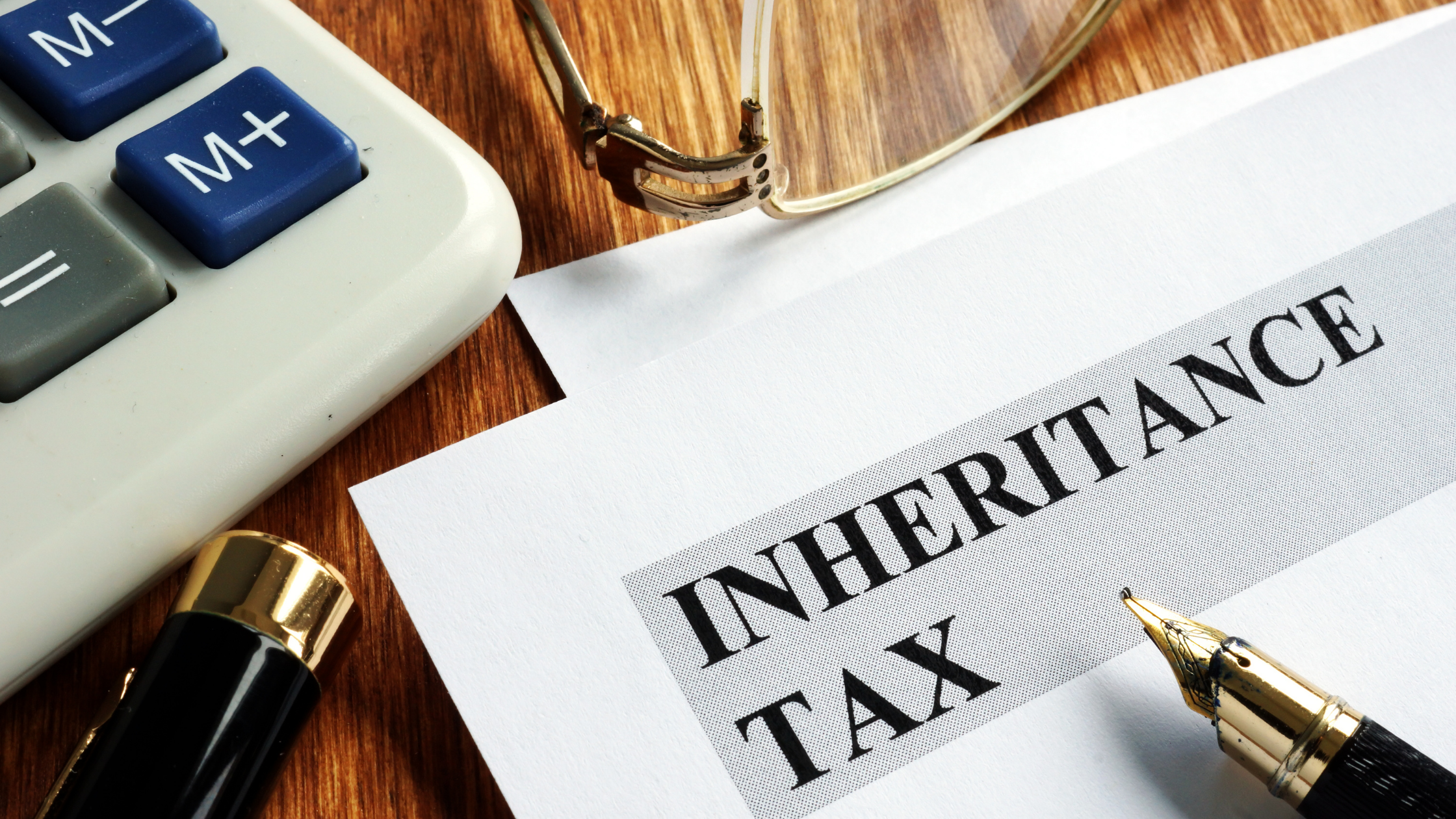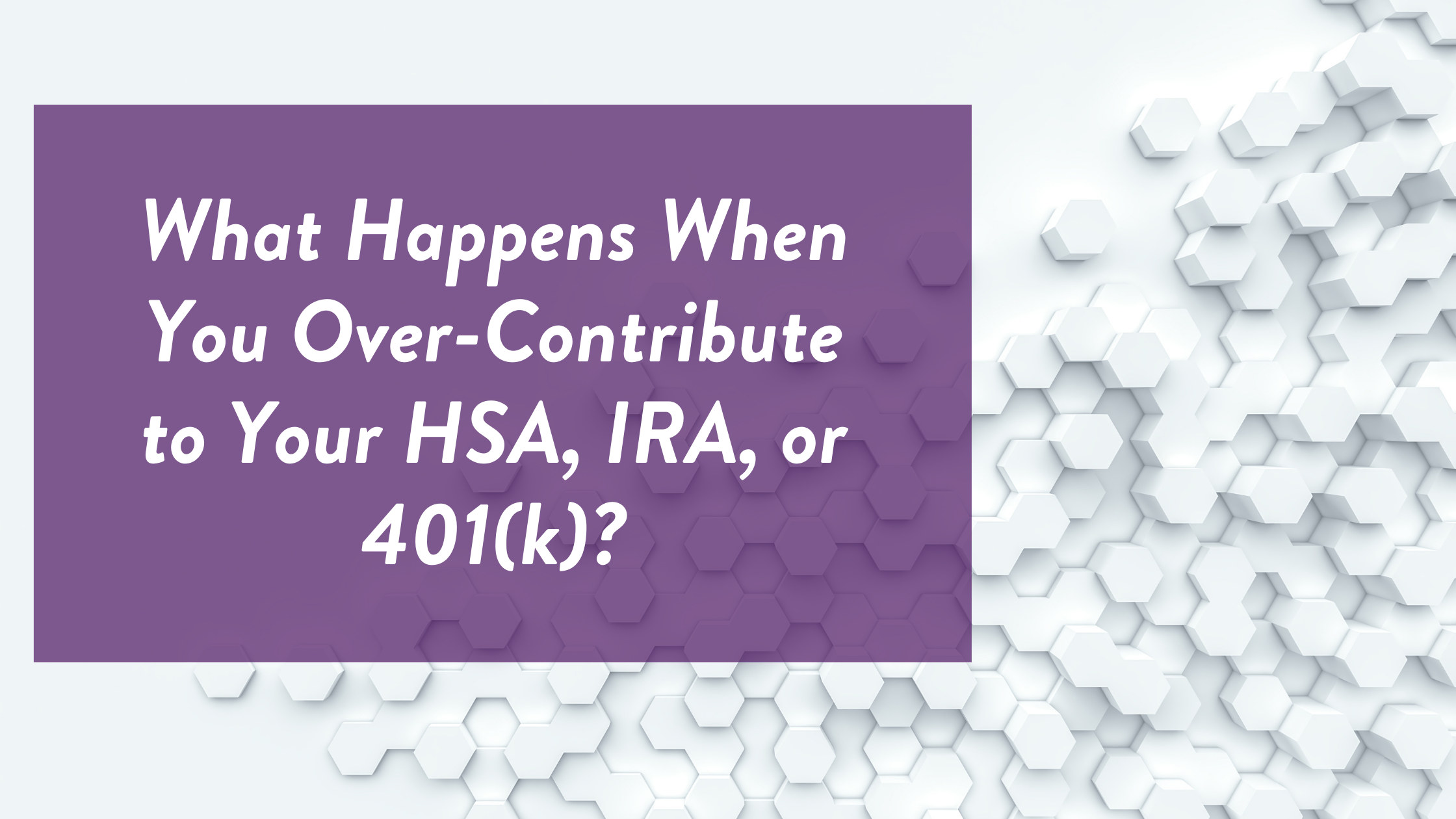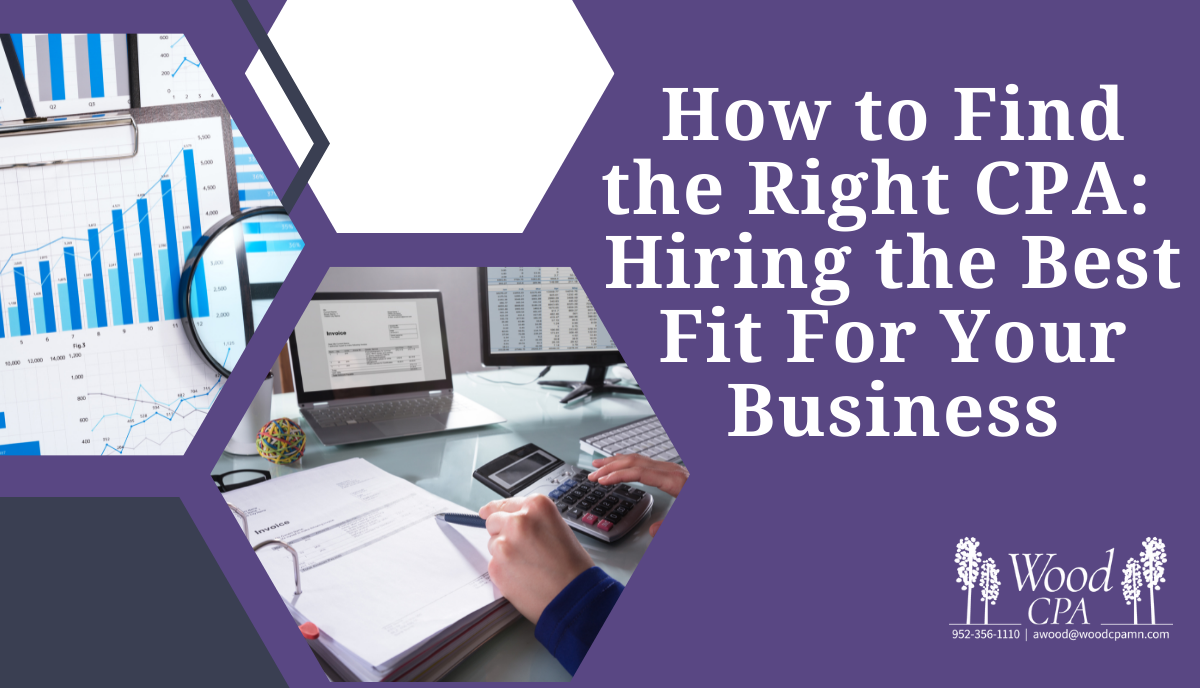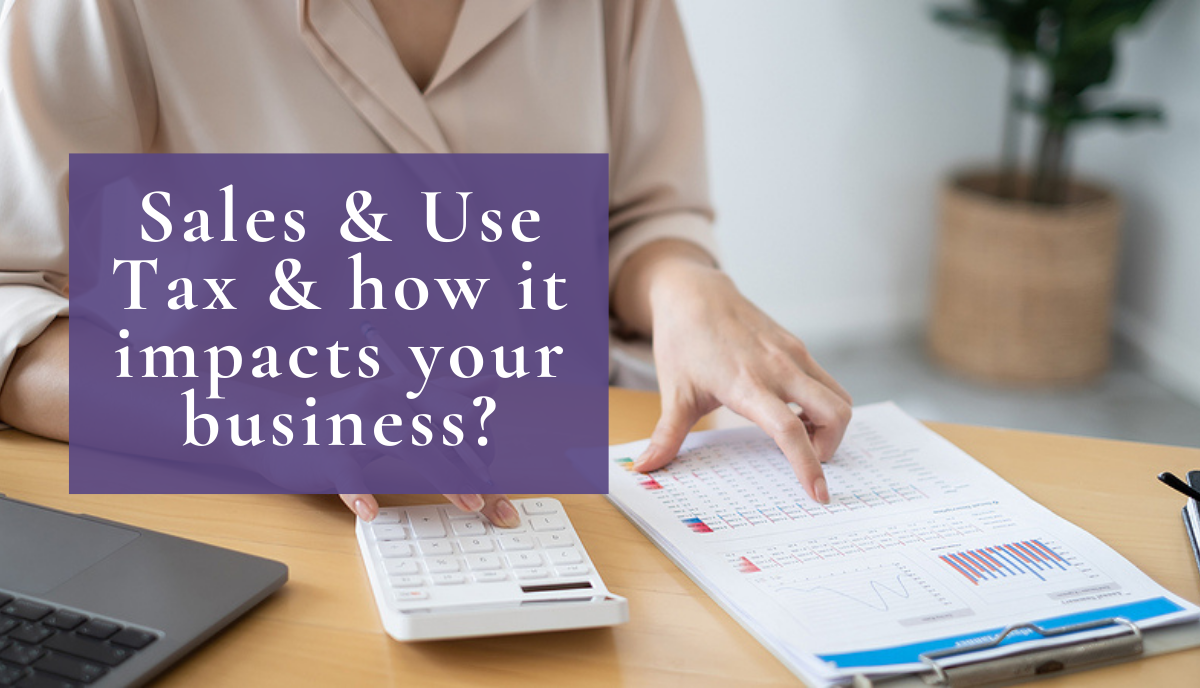
Ways to Prepare for Year-End Taxes
Can you believe 2020 is almost over? The end of the year means it’s time to prepare for the upcoming tax season. With economic shifts due to the COVID-19 pandemic and tax changes related to COVID-19 stimulus packages, it is especially important to be well-prepared for your taxes this year. Let’s go over a few things to think about as the year comes to a close.
Check Your Withholdings
Take a look at your withholdings so far this year to make sure the correct amount appears to have been withheld. You want to make sure your withholding and estimated taxes align with what you actually expect to pay while there is still time to make adjustments. If you find yourself in danger of being penalized for underpaying your taxes, you can make up that shortfall by increasing your withholding on your salary or bonuses through the end of the year.
Calculate Your Charitable Giving
Calculate your year-end charitable giving amounts to maximize your tax benefit. Contributions to qualified charities are a win-win: they benefit those in need while lowering your taxable income. Typically the tax benefits only apply to those who itemize their deductions, but the CARES Act made a change to that this year.
Last spring’s COVID-19 stimulus bill added an above-the-line deduction for the 2020 tax season of up to $300 in cash contributions for those who don’t itemize. So if you don’t typically itemize your deductions, make sure to take advantage of this new deduction by saving your receipts. The IRS has also temporarily suspended limits on qualified charitable cash contributions for 2020, so if you have the ability to increase your end-of-year giving, you should consider doing so. Take a look at the IRS website for full details.
Gather Receipts
2020 W-2s and other important tax documents won’t come until January, but other documents like receipts for deductible expenses can be gathered now as you begin preparing for year end taxes. That way when tax time rolls around you won’t have to scramble to find everything you need.
If you own a business or itemize your deductions, you will need receipts for all deductible expenses. While you don’t have to send these receipts in with your tax return, you will need them if the IRS decides to audit your return. The same goes for charitable contributions, especially larger ones (you can’t deduct a contribution over $250 unless you have a written acknowledgement from the organization). Noncash contributions require documentation too, which should include what you donated and its fair market value.
Consider a Roth Conversion
A Roth conversion offers the opportunity to pay taxes on your retirement savings now rather than after you retire. A Roth IRA is funded with after-tax dollars, and qualified withdrawals are then tax-free. You can’t contribute to a Roth IRA if your modified adjusted gross income exceeds certain limits, but you can convert all or part of your existing traditional IRA funds to a Roth IRA, regardless of your income level.
A conversion isn’t for everyone: For instance, if you’ll need the money within the next five years or if you don’t have the ability to pay the taxes on those funds with other assets, it may not be a good fit for you. Everyone’s situation is different, so it’s a good idea to talk with your financial advisor or accountant to determine if a conversion may be right for you.
Max Out Your Contributions
If you have a 401(k), a traditional IRA, or an HSA, ensure that you get the biggest tax break possible by contributing the maximum amount allowable each year. Check to see what your maximum contribution is for 2020, and if you haven’t hit that amount yet, consider an extra contribution before year’s end. If you’re not able to save the maximum amount allowed, at least try to set aside the amount that is matched by your employer.
Self-Employed? Calculate the Maximum Amount for Your Retirement
The maximum amount you are allowed to set aside for retirement will depend on what type of retirement plan you have, and it varies from year to year. Check this year’s allowed contribution amounts and make sure you have set aside the maximum amount allowed, or as much as possible.
Own a Business? Look at Your Expenses
Take a look at your business expenses and determine if you should push expenses through yet this year or hold off until next year. You can minimize your taxes each year by carefully considering when to make payments to increase your expenses (and therefore your tax deductions), and when to put expenses off until next year (therefore giving yourself more deductions for that year). Your accountant can help you determine which is a better option for you each year if you are unsure.
When it comes to your taxes, a little preparation now will make for a much smoother, less stressful tax season in the coming year. If you need help preparing for year-end taxes, just let us know! Here at Wood CPA, we are here to help with all of your tax planning and preparation needs. Contact us here or call us at 952-356-1110.








